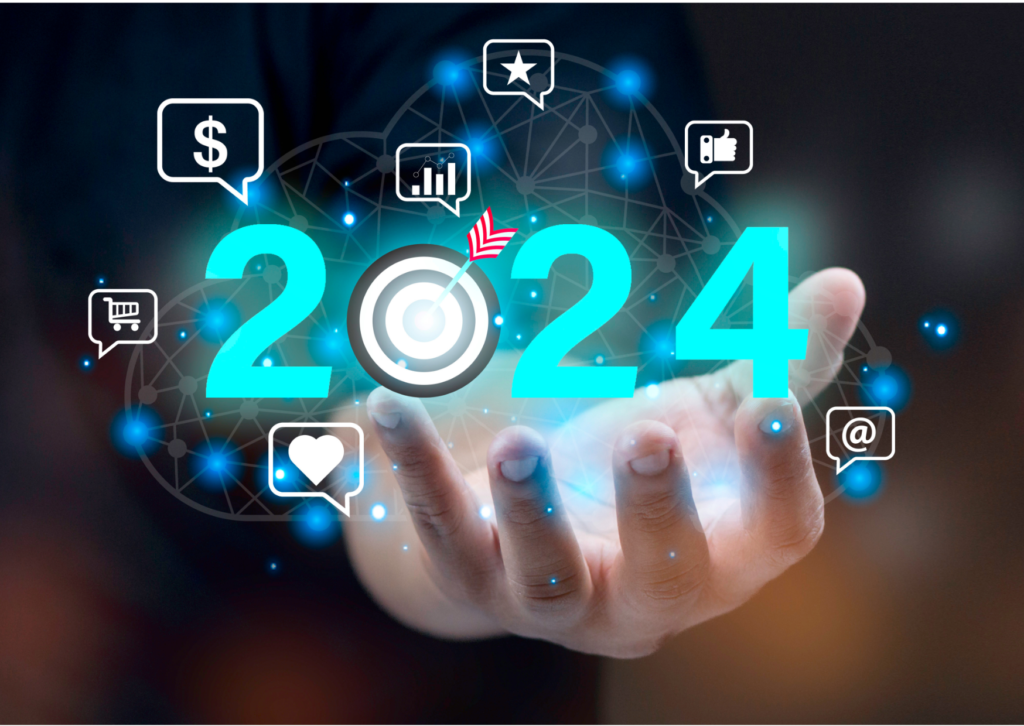Demand for experts with machine learning (ML) and artificial intelligence (AI) skills is rising in India, as generative AI is generating a lot of interest across businesses. According to staffing agency Randstad, throughout the epidemic, recruiting for roles involving AI and ML has increased by 30% annually, although demand for other digital skills has grown at a rate of half that. It is estimated that India has 200,000 professionals with expertise in AI/ML.

The increasing significance of Gen AI has resulted in the creation of new professional opportunities, and companies are continuously working to integrate AI and ML into the core of their digital transformation initiatives.
According to The Times of India, which cited Randstad, a Dutch recruitment firm, the demand for professionals with training in artificial intelligence (AI) and machine learning (ML) is rapidly increasing in India, despite businesses’ excitement about AI’s potential to boost productivity and cut expenses.
According to Randstad, the nation is home to roughly 2 lakh people with the necessary machine learning and artificial intelligence skills. In addition, since the epidemic, the need for these specialists is rising at a rate of 30% annually. Other digital domain skills are in short supply and are only expanding at half the blistering rate that AI and ML are setting.
Many Indian organizations are undergoing digital transformation, which has increased demand for AI expertise, according to Rohit Kishore, global delivery and talent officer at Randstad. It has already been shown that AI and ML may greatly increase human productivity by automating a wide range of tasks.
Several companies that use AI and ML extensively are multinational organizations with their global capability centers (GCCs) located in India. GCCs are the technology and shared services arm of multinational corporations (MNCs), according to Jung Bahadur, director of talent solutions at professional services firm Aon. As more and more of these centers are opening in India, MNCs are attempting to use Indian talent in this area to provide their parent companies with AI-driven tools.
“Even established companies increasingly aspire to go digital, and AI/ML is essential to this goal. These businesses operate in a variety of sectors, such as manufacturing and health. ‘That’s how things are different now compared to 2021, Bahadur informed the publication.

According to Aon’s statistics, AI/ML experts receive much greater salary packages than many others, in line with the most recent demand trend. AI/ML professionals with zero to five years of experience who work for IT services companies typically make between Rs. 14 lakhs and Rs. 18 lakh, while in GCC countries they make between Rs. 16 lakhs and Rs. 20 lakh and in product firms they make even more, between Rs. 22 lakhs and Rs. 26 lakhs. Salary ranges for other digital tech professions range from Rs 8 lakh to Rs 22 lakh for the same experience level. The payout can increase to anywhere between Rs 44 lakh and Rs 96 lakh if the expert in AL/ML has ten to fifteen years of experience.
These professionals would also be added in greater numbers. According to Bahadur, AI/ML specialists may have a pay increase of 12.5% this year, which is significantly more than the 9% average for the rest of India Inc.
According to representatives of the HR solutions company Teamlease, AI/ML specialists command a premium pay package of 10% to 15%. In severe circumstances, the premium may even approach 50%.
Over a dozen new professions in the AI/ML space have developed in the last few years, according to Teamlease’s business leader, Krishna Vij. At the beginning level, these positions include chatbot developer and prompt engineer; in the mid- to senior-level, professions like robotics engineer and AI ethics specialist are typical.
One can encounter job titles like AI curriculum developer and AI learning architect in the education area of technology. Vij thinks that IT specialists could provide the abilities for these positions. For instance, experts in IT security can upskill to become experts in AI security.


